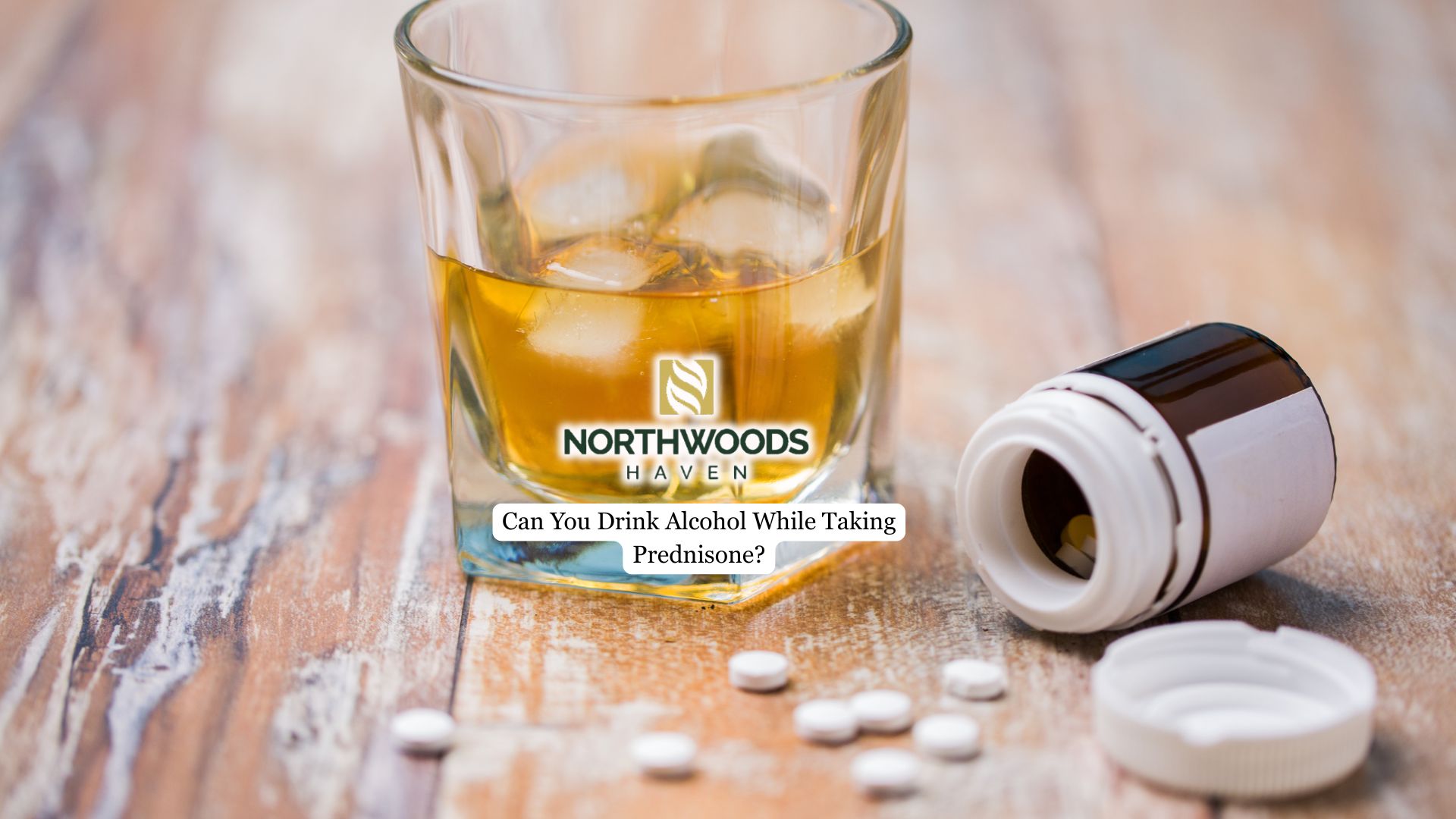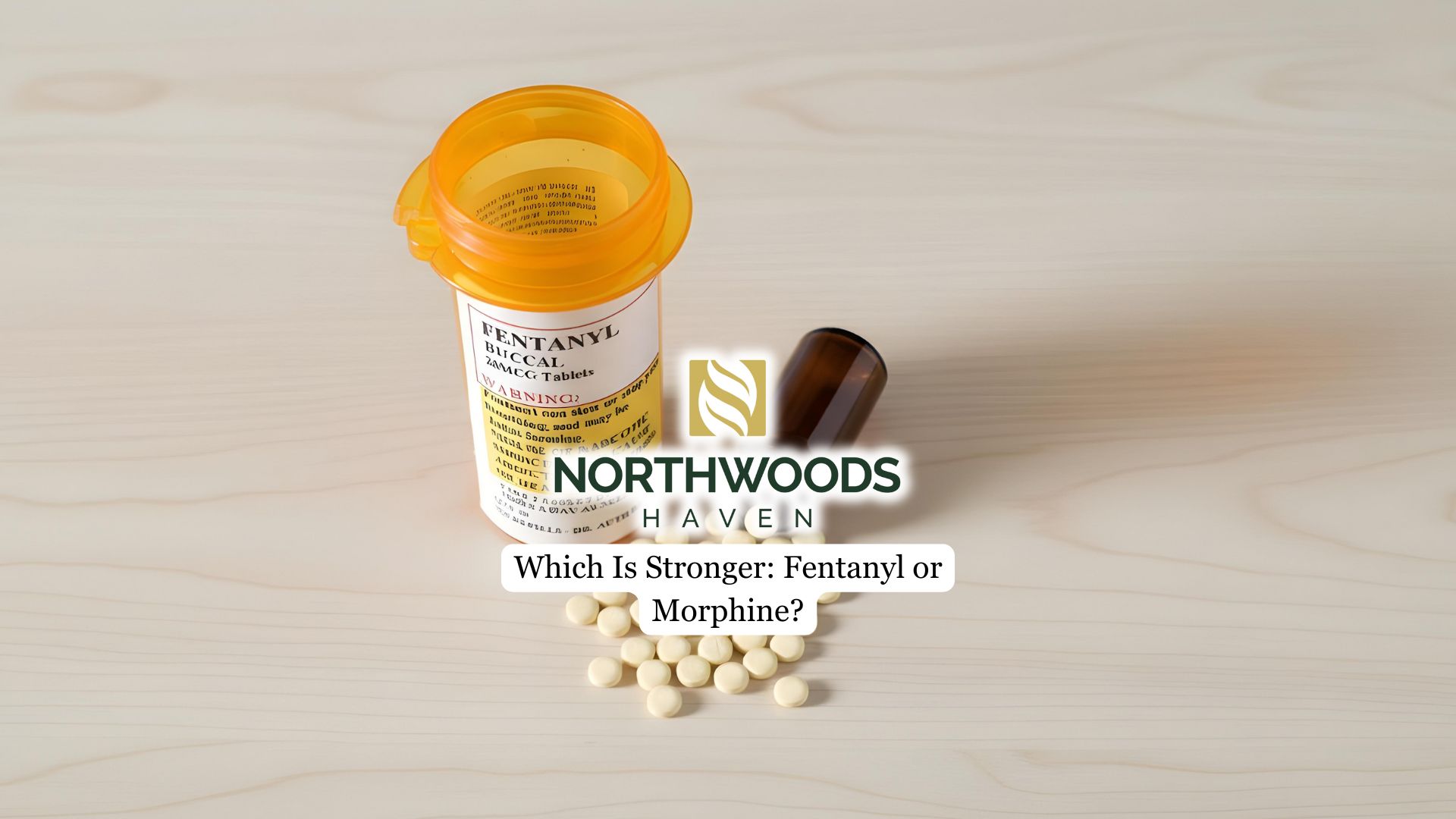Mixing alcohol with prednisone is a common concern for patients prescribed this potent corticosteroid. While some individuals may tolerate moderate alcohol consumption during treatment, the interaction can create serious health risks that vary based on dosage, treatment duration, and personal medical history.
This article will help you understand the possible dangers of combining alcohol and prednisone, how the interaction may affect your body, and what precautions to take to avoid serious complications.
The Combined Effects of Alcohol and Prednisone on Your System
Prednisone is commonly prescribed to treat conditions such as inflammation, asthma, and autoimmune disorders. While undergoing treatment, patients may question whether alcohol consumption is safe. This is a relevant concern, as alcohol use during corticosteroid therapy can influence the effectiveness of the medication and increase the risk of adverse health effects.
The answer is no – mixing alcohol with prednisone significantly amplifies the risks associated with both substances. Alcohol acts as a gastrointestinal irritant, and when combined with prednisone, the likelihood of developing stomach ulcers or gastrointestinal bleeding increases substantially. Additionally, both alcohol and prednisone suppress immune function, making the body more vulnerable to infections and reducing its ability to fight them effectively.
Alcohol can also worsen prednisone’s effects on blood sugar, posing additional dangers for individuals with diabetes or prediabetes. Furthermore, the combination can intensify mood swings, anxiety, or depression, and accelerate bone loss, increasing the risk of osteoporosis and fractures.
If you can’t stop drinking because you’ve become dependent on alcohol, then it’s time to opt for specialized help. Our alcohol addiction treatment program in Minneapolis, MN, offers customized care tailored to each client’s specific needs, including those managing co-occurring conditions like prednisone use. We work closely with medical professionals to ensure your recovery is safe, effective, and aligned with your overall health goals.
Major Health Risks When Mixing Alcohol With Prednisone
Gastrointestinal Complications
One of the most immediate dangers of mixing alcohol with prednisone is the increased risk of gastrointestinal (GI) issues. Prednisone can irritate the stomach lining and is known to raise the risk of ulcers, gastritis, and GI bleeding, especially when taken without food.
Alcohol, being an irritant itself, compounds this risk. Together, they can lead to painful stomach inflammation, internal bleeding, or perforated ulcers, which may require emergency medical treatment.
Immune System Suppression
Prednisone works by suppressing the immune system to reduce inflammation, which is helpful in conditions like autoimmune diseases or severe allergies. However, alcohol also weakens immune function—especially with chronic use—making your body less effective at fighting off infections.
When taken together, the combined immunosuppressive effects can leave you more vulnerable to illnesses like pneumonia, urinary tract infections, or slower wound healing.
Bone Health and Osteoporosis
Long-term use of prednisone is known to deplete calcium stores, reduce bone density, and disrupt the balance of hormones that support bone health. Alcohol exacerbates this by interfering with vitamin D absorption and the production of bone-forming cells.
The result is an increased risk of developing osteoporosis or experiencing fractures, particularly in older adults or those with a family history of bone loss.

Mood and Mental Health Effects
Both alcohol and prednisone can negatively affect your mood and mental health. Prednisone has been linked to mood swings, anxiety, irritability, and even psychosis in high doses. Alcohol, a central nervous system depressant, can intensify these effects, increasing the likelihood of depressive episodes or unstable behavior.
For individuals with a history of mental health issues, this combination can be particularly destabilizing. If you want to get started with cutting your alcohol cravings to avoid this Prednisone complication, you can check out these six practical steps.
Blood Sugar Dysregulation
Prednisone can raise blood glucose levels by increasing insulin resistance, making it difficult for the body to regulate sugar properly. Alcohol, depending on the amount and frequency consumed, can cause blood sugar spikes or dangerous drops (hypoglycemia). This is especially dangerous for people with diabetes or prediabetes, as the dual impact may lead to poor glucose control, increased fatigue, or the need for changes in medication dosing.
Understanding How Prednisone Works in Your Body
Prednisone is a synthetic corticosteroid that mimics cortisol, your body’s natural anti-inflammatory hormone. It works by suppressing the immune system and reducing inflammation, making it effective for conditions like arthritis, asthma, and autoimmune disorders.
However, prednisone can disrupt metabolism, raise blood sugar levels, and increase appetite, leading to potential weight gain and other metabolic changes. Because it suppresses immune function, patients are more vulnerable to infections and must taper off the drug gradually to avoid withdrawal symptoms.
When to Avoid Alcohol Completely During Prednisone Treatment
Total abstinence from alcohol is strongly recommended if you:
- Are taking high doses or long-term prednisone.
- Have pre-existing gastrointestinal, liver, or mental health conditions.
- Are at risk for or have a history of diabetes, as both substances can destabilize blood sugar control.
- Have experienced mood disorders, as the combination can worsen emotional instability.
- Have a history of gastrointestinal ulcers or bleeding.
In these scenarios, alcohol can dramatically increase the risk of severe, potentially life-threatening complications. You can read this guide to learn more about the most effective treatments for alcoholism.
Final Thoughts from Northwoods Haven Recovery
Mixing alcohol with prednisone can result in serious health complications – ranging from gastrointestinal bleeding and immune suppression to bone loss and unstable blood sugar levels. While some individuals on low-dose prednisone may tolerate moderate alcohol use under medical supervision, the safest approach is often to avoid alcohol entirely during treatment.
If you’re struggling with alcohol addiction while prescribed prednisone, Northwoods Haven Recovery’s team is here to help. Our customized Intensive Outpatient Program (IOP) in MN provides flexible, high-quality care for individuals seeking addiction and dual diagnosis treatment. You don’t have to choose between recovery and daily responsibilities—our supportive programs empower you to heal while maintaining your home and work life.



